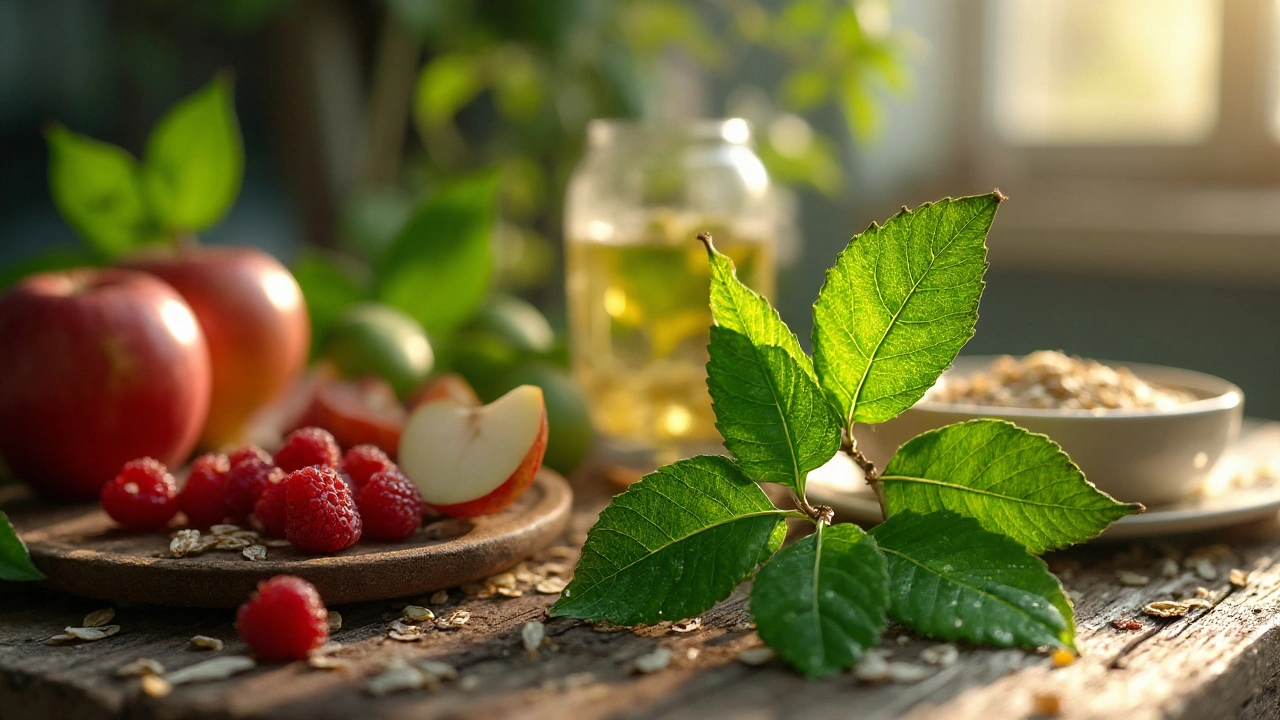Superfood Guide: What They Are and Why They Matter
When you hear the word “superfood,” you probably think of exotic berries or pricey powders. In reality, a superfood is any food packed with nutrients that can boost health, protect against disease, and support everyday performance. Think of it as fuel that does more than just fill you up.
On this page you’ll find quick overviews of the most talked‑about superfoods, plus links to deeper articles on each one. Use the guide to decide which foods fit your diet and how to use them without complicating meals.
Top Superfoods You Can Start Eating Today
Flaxseed – Small, brown or golden seeds that are rich in omega‑3 fatty acids, fiber, and lignans. They help lower inflammation and support heart health. Sprinkle a tablespoon on oatmeal, blend into smoothies, or mix into baked goods.
Arjuna (Terminalia arjuna) – An Ayurvedic bark used for heart support. Modern research points to antioxidant effects and blood pressure benefits. You can find it as a powdered supplement or brewed as tea.
Collagen Type II (UC‑II) – Not a food you eat whole, but a supplement derived from chicken cartilage that supports joint comfort. Take the recommended dose with a meal for best absorption.
Turpentine oil (in tiny, regulated doses) – Some holistic users claim it helps with inflammation. Safety is crucial; only use products labeled for human consumption and follow dosage guidelines.
Tansy Ragwort – An herb gaining attention for anti‑inflammatory and digestive aid. It’s usually taken as a tincture or dried herb tea. Start with a small amount to see how you react.
How to Pick the Right Superfood for You
First, think about your health goal. Want better heart health? Flaxseed and Arjuna are solid choices. Need joint support? Collagen Type II fits the bill. If you’re after general anti‑inflammatory power, flaxseed, Tansy Ragwort, or even a tiny dose of turpentine oil (under professional guidance) may help.
Second, consider convenience. Whole seeds like flax are easy to add anywhere. Herbs often need brewing or a supplement form. Choose what fits your routine.
Third, watch for allergies or interactions. For example, Arjuna can affect blood pressure meds, and turpentine oil can interact with certain drugs. Always check with a pharmacist if you’re unsure.
Lastly, start small. Add one new superfood a week and note how you feel. This trial‑and‑error approach prevents overwhelm and helps you see real benefits.
Ready to dive deeper? Check out our detailed articles: "Flaxseed: The Secret Weapon in Your Fight Against Inflammation and Chronic Disease," "Arjuna (Terminalia arjuna) – Benefits, Dosage & Safety Guide," "Collagen Type II Benefits for Joints and Healthy Aging (2025 Guide)," "Exploring the Benefits of Turpentine Oil as a Dietary Supplement," and "Tansy Ragwort: The Must‑Have Dietary Supplement for a Healthier, Happier You!" Each piece breaks down science, dosage, and practical tips.
Remember, superfoods are a supplement to a balanced diet, not a replacement. Pair them with plenty of vegetables, lean proteins, and whole grains for the best overall health.
Start with a simple habit—add a spoonful of flaxseed to your morning coffee or blend a handful of berries into a smoothie. Small steps add up, and before long you’ll notice more energy, better digestion, and clearer skin.
If you have questions, drop a comment or ask your pharmacist. Superfoods work best when you understand how they fit into your unique lifestyle.

Discover how glossy privet, a powerful nutraceutical, can elevate your diet, support metabolism, and improve heart health with natural antioxidants and fiber.
- Read More
